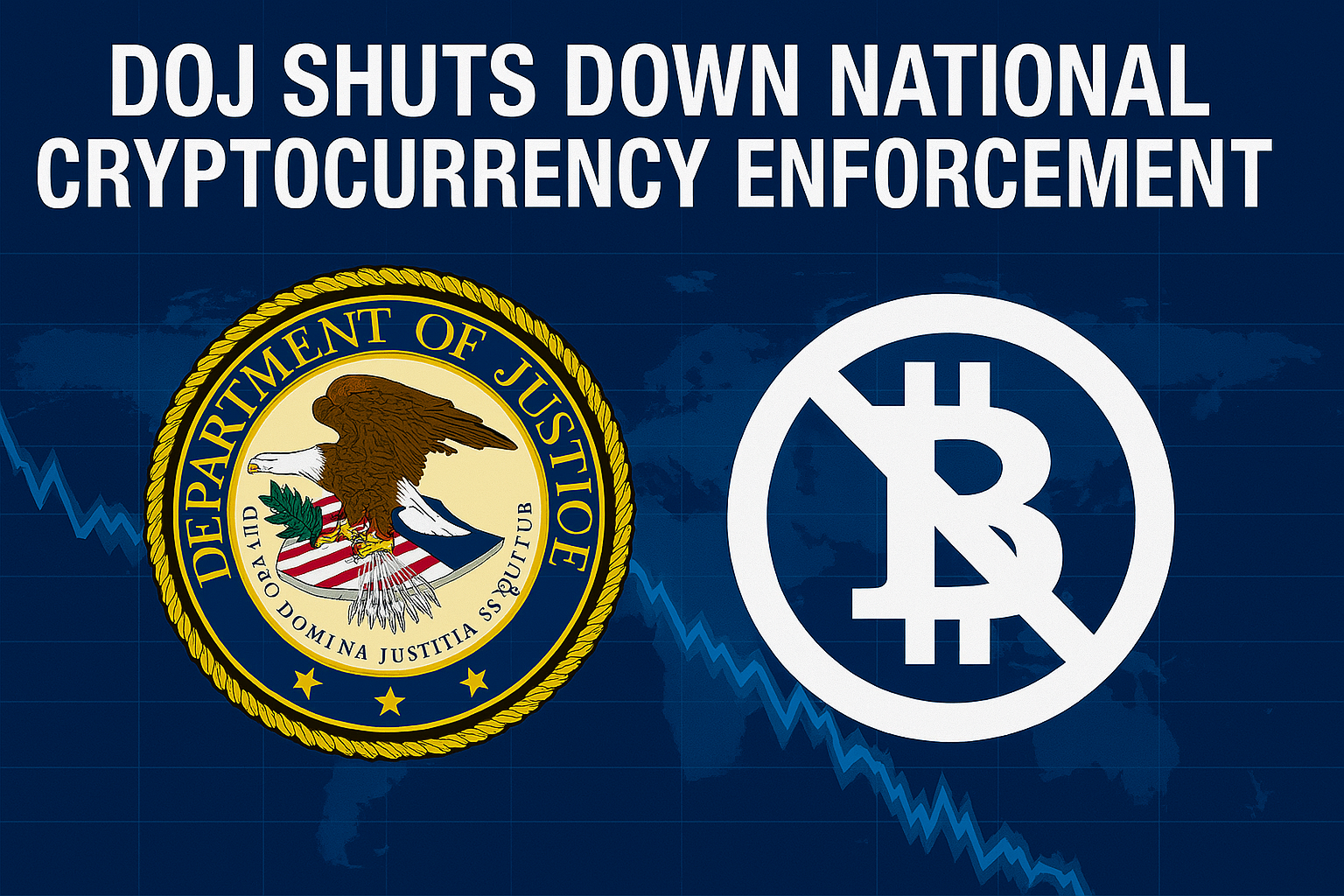Polaris Office Taps Into South Korea’s Growing Stablecoin Market
South Korean software giant Polaris Office has announced its official entry into the stablecoin sector, marking a significant shift in its business strategy as stable digital currencies gain traction across Asia.
The company revealed its plans to issue a KRW-pegged stablecoin, positioning itself alongside major tech and finance firms eager to capitalize on blockchain-powered payment systems.
A Strategic Pivot Toward Blockchain Payments
Polaris Office, known globally for its document editing and office productivity software, is diversifying to capture new growth opportunities beyond traditional software sales.
According to local media reports, the firm has signed a business agreement with blockchain startup Neo Frame. This partnership will create a KRW-linked stablecoin and a secure payment system, leveraging Neo Frame’s blockchain expertise and Polaris Office’s broad user base.
How South Korea Became a Stablecoin Hotspo
This move underscores South Korea’s rapidly growing interest in stablecoins. Multiple Korean enterprises, ranging from fintech players to e-commerce platforms, have recently launched or piloted similar projects.
Analysts say the stablecoin boom is driven by strong consumer demand for faster, lower-cost digital payments and the Korean government’s openness to blockchain innovation.
Planned Use Cases for Polaris’ Stablecoin
Polaris Office envisions its stablecoin as more than just a payment token. The company plans to integrate it into a suite of business services, including:
- Instant cross-border remittances
- In-app purchases within Polaris software
- Settlement for business contracts and subscription models
The stablecoin will be pegged to the Korean Won to minimize volatility and appeal to risk-averse users.
Regulatory Challenges Ahead
Despite the enthusiasm, stablecoin issuers in South Korea face ongoing regulatory scrutiny. Authorities have tightened compliance standards to prevent misuse, including requirements around transparency, reserve backing, and anti-money laundering measures.
Polaris Office stated that it intends to fully adhere to evolving regulations and maintain close communication with financial authorities.
Industry Experts Weigh In
Commenting on the announcement, blockchain analysts noted that Polaris’ move could further accelerate mainstream adoption of stablecoin payments in Asia.
Some industry observers believe the company’s vast user base and established brand could help normalize stablecoin transactions among businesses and individual consumers.
The Bigger Picture: Stablecoins as the Future of Finance
Polaris Office’s venture reflects a broader global trend: tech companies blending software ecosystems with decentralized finance tools.
With stablecoins increasingly seen as the bridge between traditional currencies and blockchain, more firms are expected to follow suit.



